We live in a time in which digital security is becoming ever more important. An increasing number of people are becoming extremely proficient at maneuvering around the online sphere and attacking WordPress websites for personal gain.
It may go without saying but if your site is hacked and/or taken down it can have detrimental effects on your business, your branding, and your overall reputation.
Hackers may have a number of different reasons why they may be targeting your WordPress website.
We have listed some extremely common examples to give you a better idea as to why your site may be a target:
- Inject Malicious Content
- To Steal Money
- Steal Visitors’ Personal Information
- Spread Viruses
- Steal Business’s Private Information
- Use Your Web Server to Host Phishing Pages
- Steal Your Server Bandwidth
- Overload Your Web Server
- Vandalize Your Website
- For Fun or To Get Attention
- To Disrupt Service
You may have noticed that the intents encompass a wide array of things ranging from a direct attack with the intention of stealing money and information to the possibility of hackers just attempting to take down your site for fun.
In 2016 Google released a statement that
Over 50 million people have been alerted to the fact that a website they are viewing may contain dangerous malware or steal information.
This is an extremely worrying statistic for WordPress users and one that should definitely be taken seriously.
But there is no need to worry. We will break down exactly why this is happening and what you, as a WordPress user, are able to do about it.
WordPress has become a massive platform since its creation spanning thousands of websites from a range of different website creators.
However, this popularity also has its drawbacks. Because the sheer number of opportunities is so large it makes them a more compelling target for attacks.
[message_box bg=”#hex or http://imageurl”]If the attackers know how to gain access to WordPress as a platform it instantly gives them access to thousands of pages.[/message_box]
To further illustrate this point data provided by W3Techs a subset of the consulting firm Q-Success stated that:
And Skilled, an expert in the web development industry provides further insight:
18 million WordPress users were compromised during the worst breach of WordPress security
That last statistic is particularly worrying to those looking to build a website using the WordPress platform and really emphasizes the necessity of extra protection.
Safety in numbers? Not this time, unfortunately.
Why Do Hackers Like Small Sites?
It may be intuitive to believe that the bigger the website the higher the likelihood of potential hacking attacks. However, this is not necessarily true.
Popular and large websites may be the targets of hacks by activists trying to prove a point, like the attack on Federal Government websites by the collective Anonymous.
It is much more likely that a smaller faction would be after your site for the reasons already discussed above.
Official statistics are also indicative of this fact:
Symantec Report
Small sites are also a fantastic way for hackers to steal money.
Once they obtain access they make use of several different techniques to fulfill this goal including:
Phishing pages
Malvertising (ads)
SEO spam
Credit card skimmers
The list above only encompasses the most prevalent type of attacks that we see.
Email spam using the server of the victim or DDoS attacks are also a common way in which the hacker may produce illegal income.
[message_box bg=”#hex or http://imageurl”]Site owners tend to make the grave mistake that their platform, such as WordPress, provides them with enough security and that any extras are an expense not necessarily worth it. [/message_box]
It is exactly this neglect that makes small site owners a target, the fact that they are often ill-prepared.
It is the responsibility of the small site owner to ensure the safety of data and to provide adequate protection and cybersecurity.
Below is a list of the main security measures that often are failed to be implemented:
They don’t conduct a security audit.
Don’t make staff aware of the role they play in security
They use ineffective passwords
They do not create backups
They do not have security policies
They do not implement a multiple-security-technology solution.
Try these tools to start a security audit.
How to protect your website from hackers attack?
It does not take a massive amount of action to secure your website.
In fact, popular security sites also agree on this point:
Wordfence.com
There are simple steps you can implement to increase the security of your WordPress site:
- #step1 – Make sure that your Hosting Server is secure
- #step2 – Use up-to-date themes and plugins
- #step3 – Refrain from using “admin” as a username
- #step4 – Use specialized and complex passwords
- #step5 – Use HTTPS
- #step6 – Hide the fact you are using WordPress.
To follow the last step on this list try Hide My WP Ghost.
It is a helpful and extremely reliable tool with which you can:
- Hide WordPress Common Paths. Don’t allow hackers to know that you use a WordPress CMS
- Hide WordPress wp-admin URL, wp-login URL, admin-ajax URL

- Limit the number of login attempts made on your site. (For example, after three failed login attempts, the account is locked out for an hour. Or, another alternative is that user IP is locked out by the administrator if it’s added in the blacklist.)
- Use Captchas (Pre-login captchas are a powerful way to slow down brute force. They are especially useful on open-registration sites to reduce the amount of spammers and bots from registering. This method can be used to require the user to enter a word or solve a simple math problem to ensure the user is, in fact, a person.)
- Whitelists or Blacklist an IP address. Only whitelisted IPs will be able to login.

- Disable directory indexing and browsing
- Disable XML-RPC
- Monitor, track and log events on your website.
When using Hide My WP Ghost you protect your website from a large host of different attacks.
These include SQL injection attacks, XSS attacks, brute-force login attempts, and script injections among others.
With it, you have the ability to monitor, log and track activity on your site with an easy to use interface that even allows you to send alert emails for specific user actions. It is an all-encompassing WordPress security solution.
So, in conclusion, it is safe to say that there is no reason why you should not be able to effectively defend yourself from the most prevalent type of attacks that are likely to occur this year.
You can start your heightened security journey straight away by using the tool down below.
Remember that it sometimes is better to be safe than sorry!
Detect security beaches and take preventive measures against attacks.
[message_box bg=”#hex or http://imageurl”]Be Proactive! Identify WordPress security breaches and take preventive measures against attacks.[/message_box]
- WordPress REST API Security: Best Practices and Tools - June 24, 2024
- WordPress Firewalls & Tools for Your Website Security - June 17, 2024
- The Importance of WordPress Security Checks - June 10, 2024


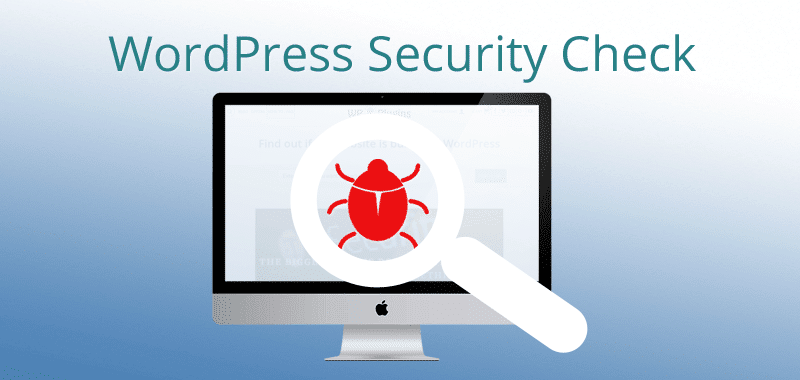
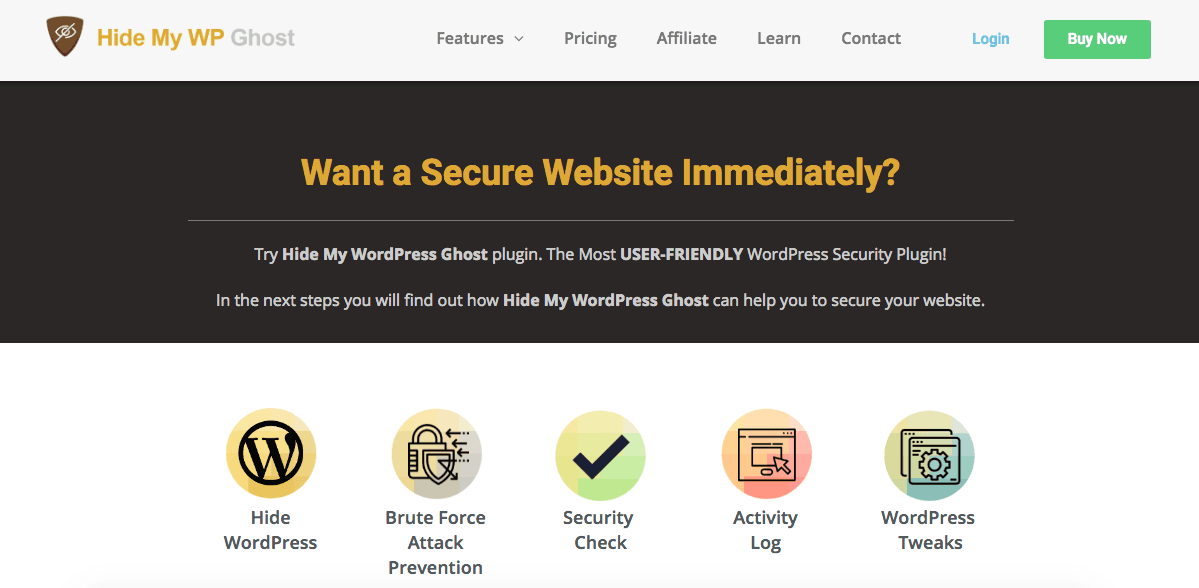
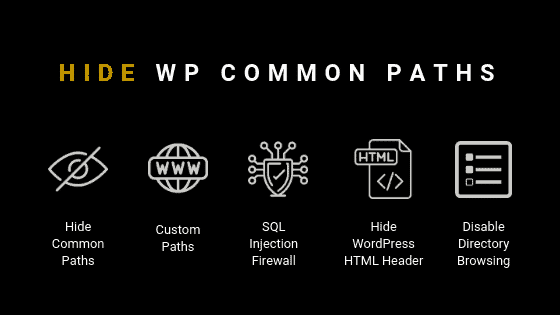

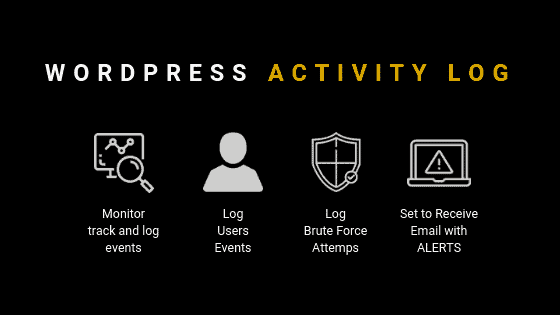
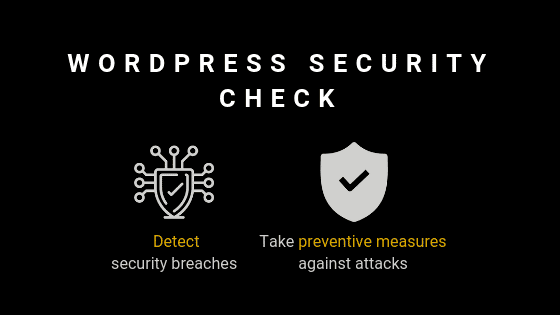
Awesome post! Thanks for sharing the information and keep up the good work.